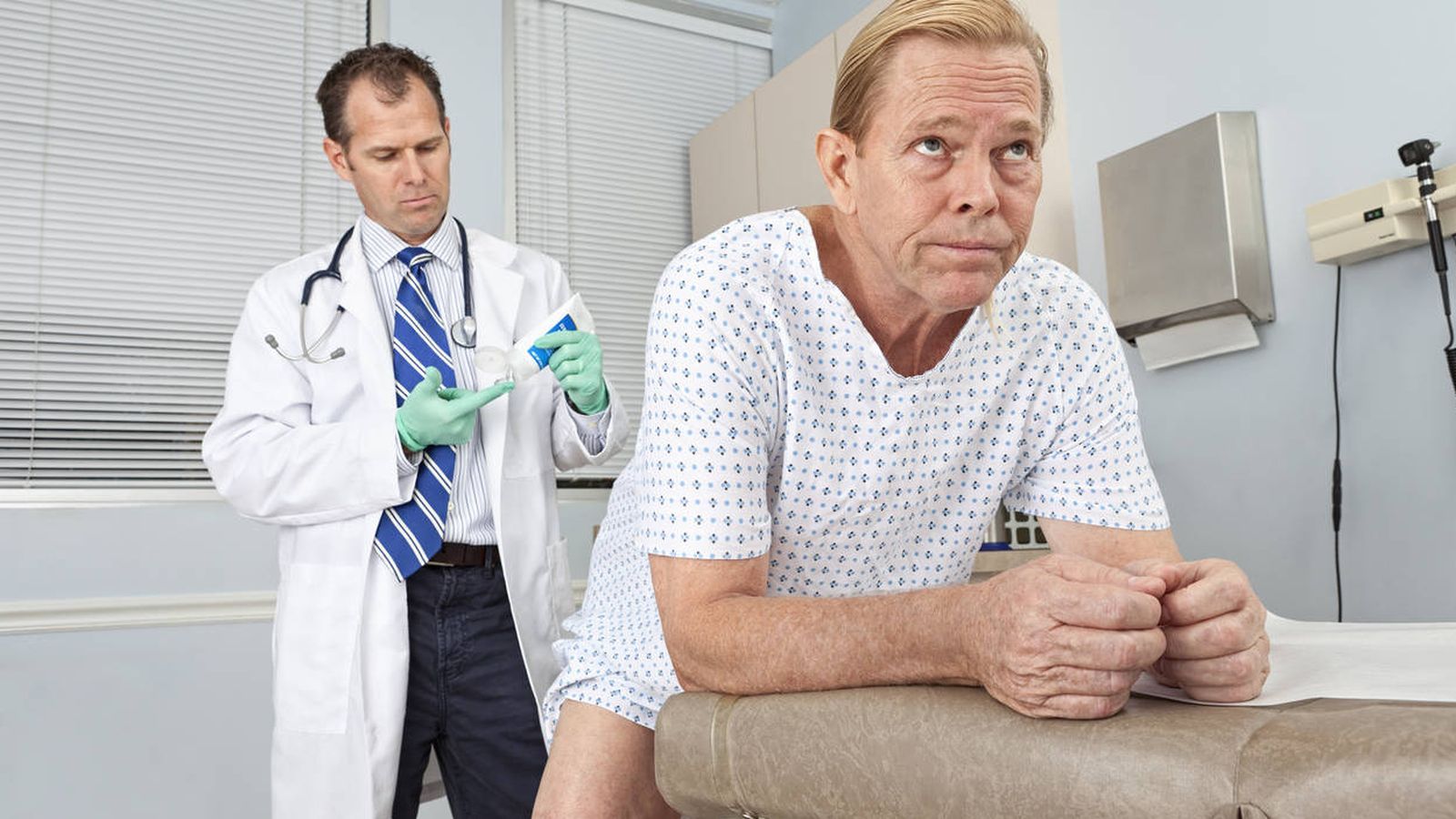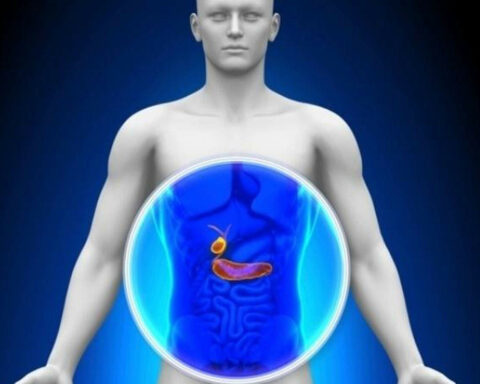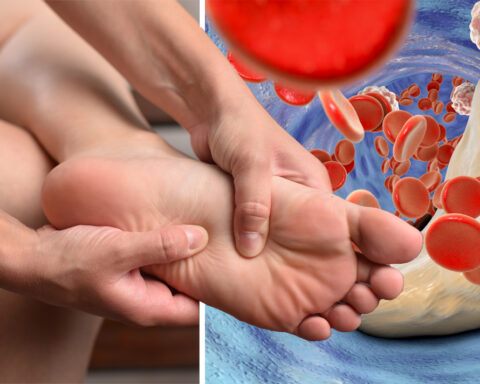It is worth noting that prostate cancer has no early symptoms (or the body rings alarm bells when the condition is at an advanced stage. Tell-tale signs you may experience include urinating too often, urinating several times during the night, red or pink urine, painful urination and discomfort or pain from sitting. If not controlled, prostate cancer can spread to other body parts, causing tiredness, unintended weight loss, swollen feet, radiating pain and abnormal bowel movements.
Are Cases Rising?
Prostate cancer cases are significantly increasing. And looking at the cancer statistics by World Cancer Data (https://www.wcrf.org/cancer-trends/worldwide-cancer-data), prostate cancer cases are not dropping any time soon.
Risk Factors for The Disease
The risk factors for prostate cancer include a family history of the disease, mutations, geographical location (prostate cancer is common among men in Northern Europe, Australia, Caribbean Islands and North America), Age (men aged 50 or above are more prone to the disease) and ethnicity (the disease is more common among men of African ancestry than Asian Americans and Hispanic whites).
Can Certain Foods Increase Your Risk of the Disease?
Foods or drinks that can increase the risk of prostate cancer include alcohol, saturated fats, dairy, red meat, and processed meat. Because the studies on the relationship between these foods and prostate cancer are few and highly conflicting, there is a need for further studies to help you understand better how the foods affect prostate cancer.
Can Other Conditions Make It Worse?
According to the American Cancer Society (https://www.cancer.org/cancer/prostate-cancer/causes-risks-prevention/risk-factors.html), sexually transmitted infections, including gonorrhoea and chlamydia, can cause an inflamed prostate and thus can cause or worsen prostate cancer.
- Eye Spy: Worldwide Eye Color Percentages - April 19, 2024
- Elevate Energy, Soothe Stress, And Peak Performance with The New UNBEETABREW Coffee Sensation - September 21, 2023
- Chef Bob’s Coffee: A Journey Fueled by Passion - July 29, 2023









